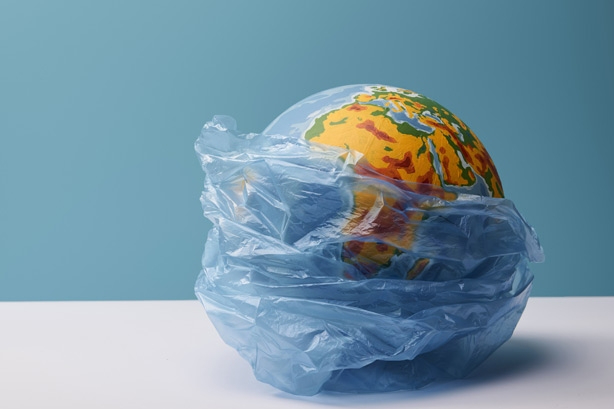
More need to be done to minimize single-use packaging- Ellen Macarthur Foundation new report
YarnsandFibers News Bureau 2021-11-17 13:25:55 – United KingdomThe Ellen Macarthur Foundation's third annual 'Global Commitment 2021 Progress Report' has revealed that businesses and retailers have made significant progress in decreasing virgin plastics, but more work is needed to minimize the need for single-use packaging in the first place.
The Foundation and the United Nations Environment Programme published the report today, three years after launching the New Plastics Economy Global Commitment, showing how businesses accounting for 20% of all plastic packaging produced globally have progressed toward their 2025 targets to create a circular economy for plastics.
According to the data, for the second year in a row, companies and retailers have reduced their consumption of virgin plastic in packaging.
New commitments are expected to accelerate this trend, with virgin plastic use falling by over 20% in absolute terms by 2025 compared to 2018. In 2021, all 63 Global Commitment brand and retail signatories will be required to set a reduction target. Raising objectives to this level, when combined with the impact of existing pledges, is expected to prevent the production of 8 million tonnes of virgin plastic per year by 2025.
However, the reduction in virgin plastic is primarily due to the conversion from virgin to recycled plastic and does not address the overall amount of plastic packaging on the market. There is very little evidence of ambitious efforts to eliminate the need for single-use packaging in the first place. Less than 2% of signatories' plastic packaging is reusable, and more than half of all signatories have no reusable plastic packaging. Eliminating single-use packaging requires a lot more attention right now.
Dame Ellen MacArthur, founder and chair of trustees, Ellen MacArthur Foundation, said that they won't be able to recycle their way out of plastic pollution; instead, removing single-use packaging is a critical component of the answer. Alarmingly, their report reveals that there has been minimal investment in this. Upstream innovation must be prioritized in order to rethink how to distribute items without packaging or using reusable packaging. This not only allows them to design out waste, but it also allows us to design out carbon emissions while providing new economic prospects. Shifting just 20% of plastic packaging from single-use to reuse might result in a USD 10 billion opportunity.
According to the report, voluntary measures alone will not suffice, and a UN Treaty on Plastic Pollution is needed to ensure that the entire sector and all governments respond at the required size and speed.
Inger Andersen, executive director, UNEP, said that the Global Commitment is showing them that concerted voluntary action by actors across the value chain, including governments, can begin to tip the needle in the fight against plastic pollution. All signatories' efforts to disclose their progress honestly and with agreed-upon measures are genuinely laudable, and a terrific model to follow. The pioneers are also demonstrating that the benefits we get from the plastic can be decoupled from the consumption of virgin plastic, which is new. However, a comprehensive, inclusive, and global approach can help these frontrunners take action.
Market Intelligence
Ask for free sample Report

experience
Customer Base
dedicated team
Countries Served Worldwide









